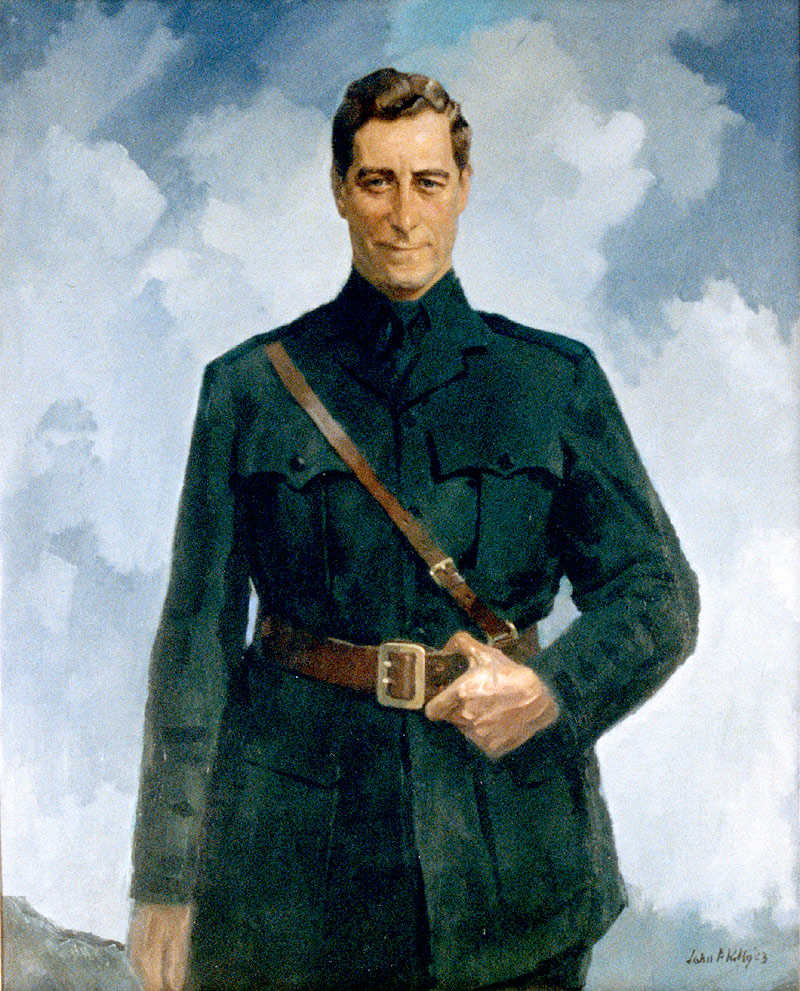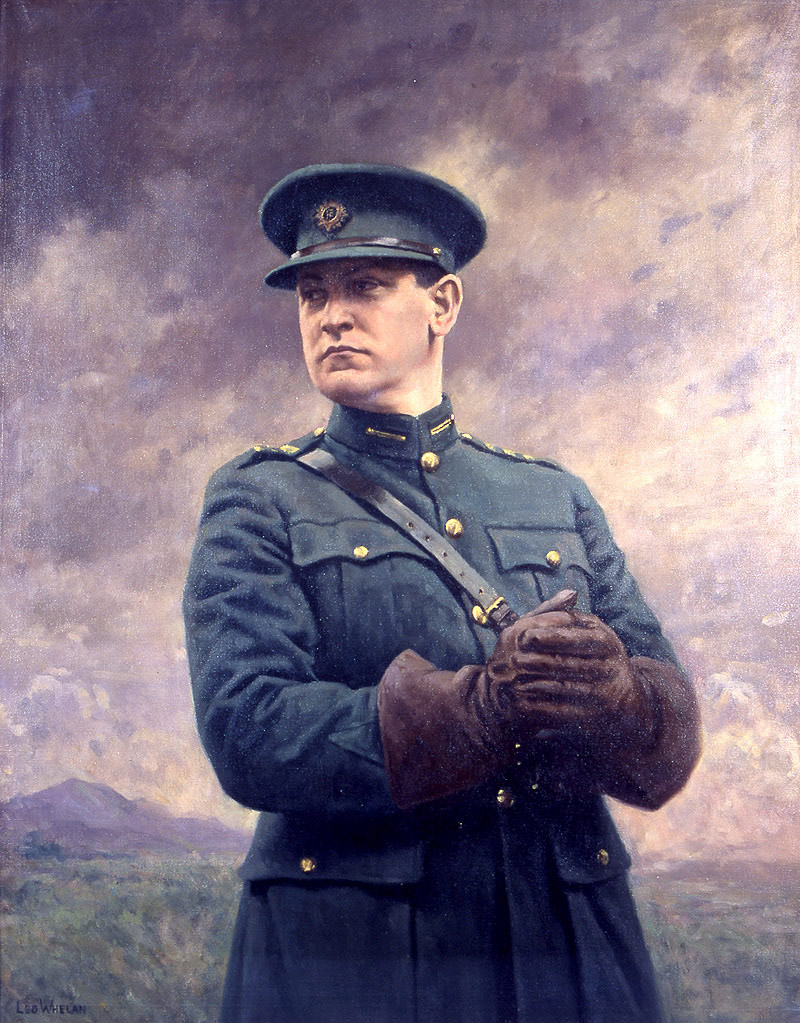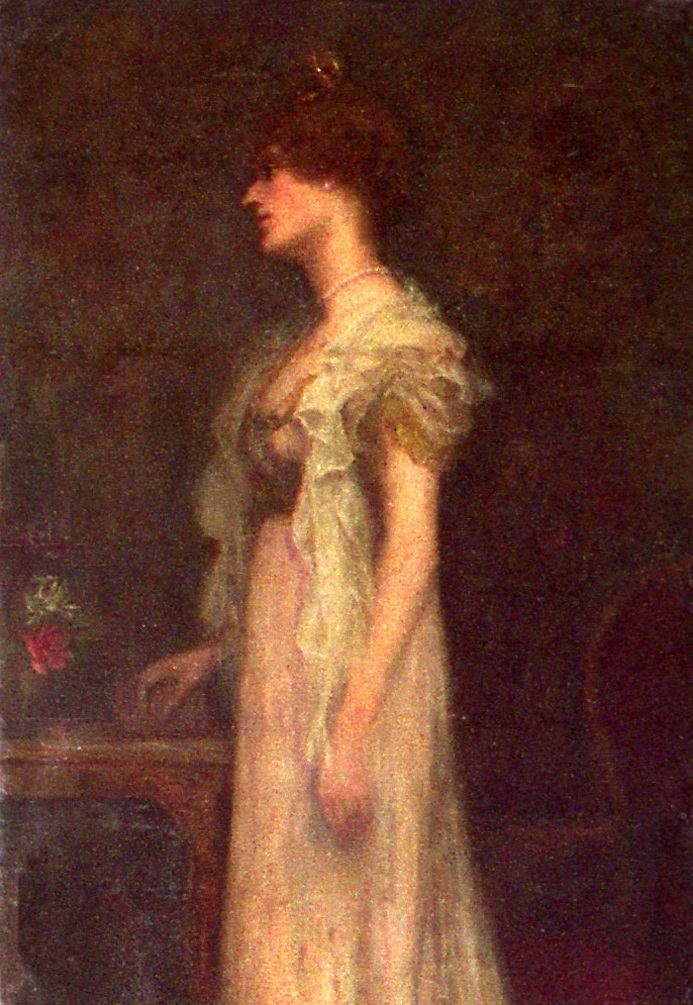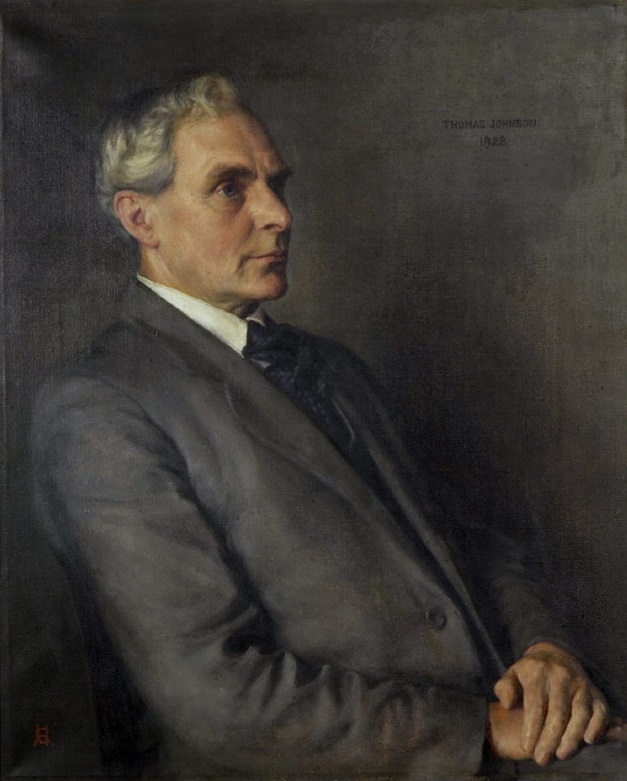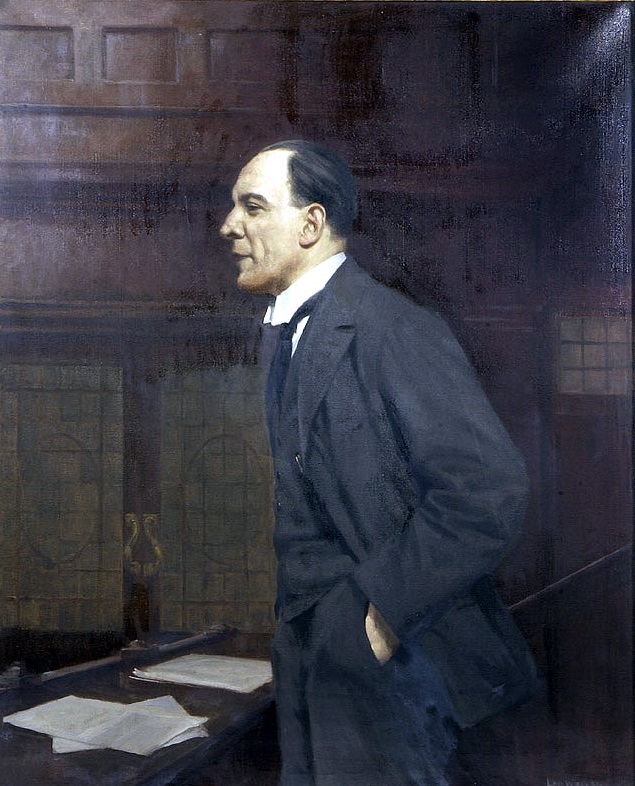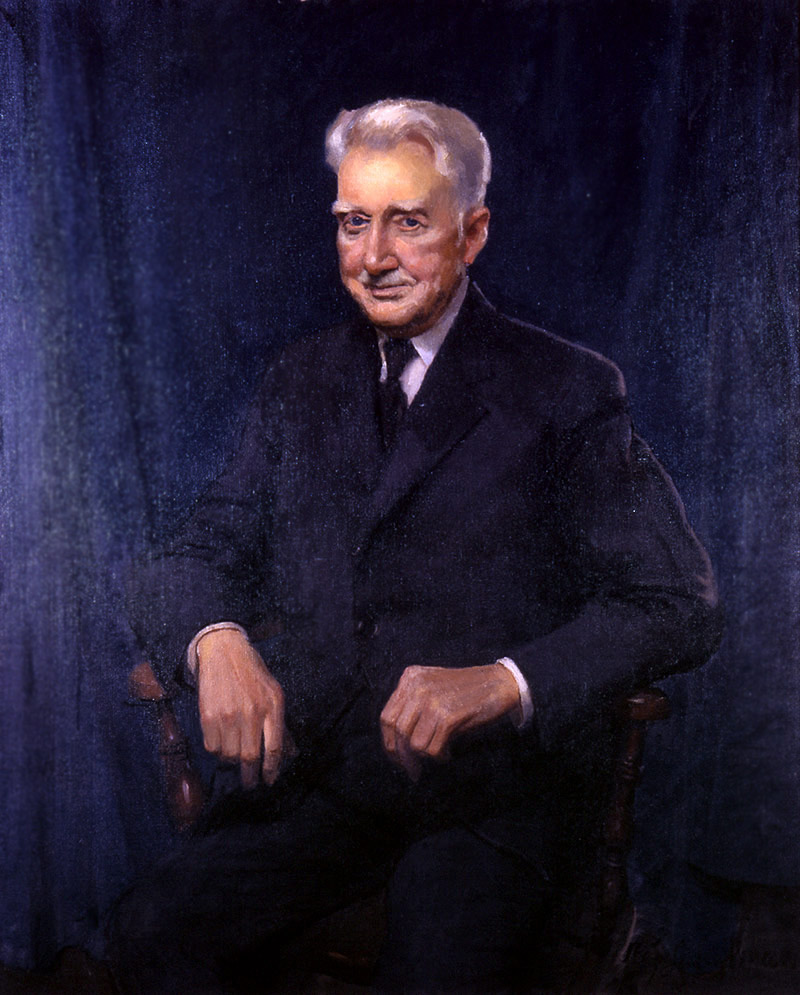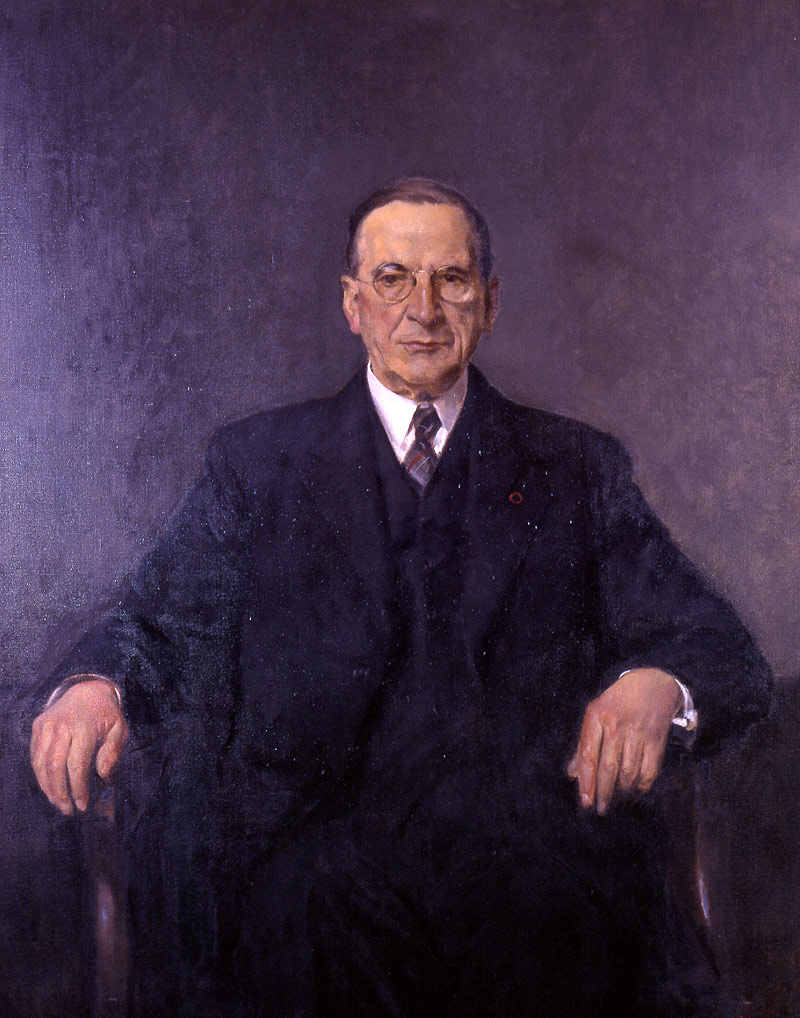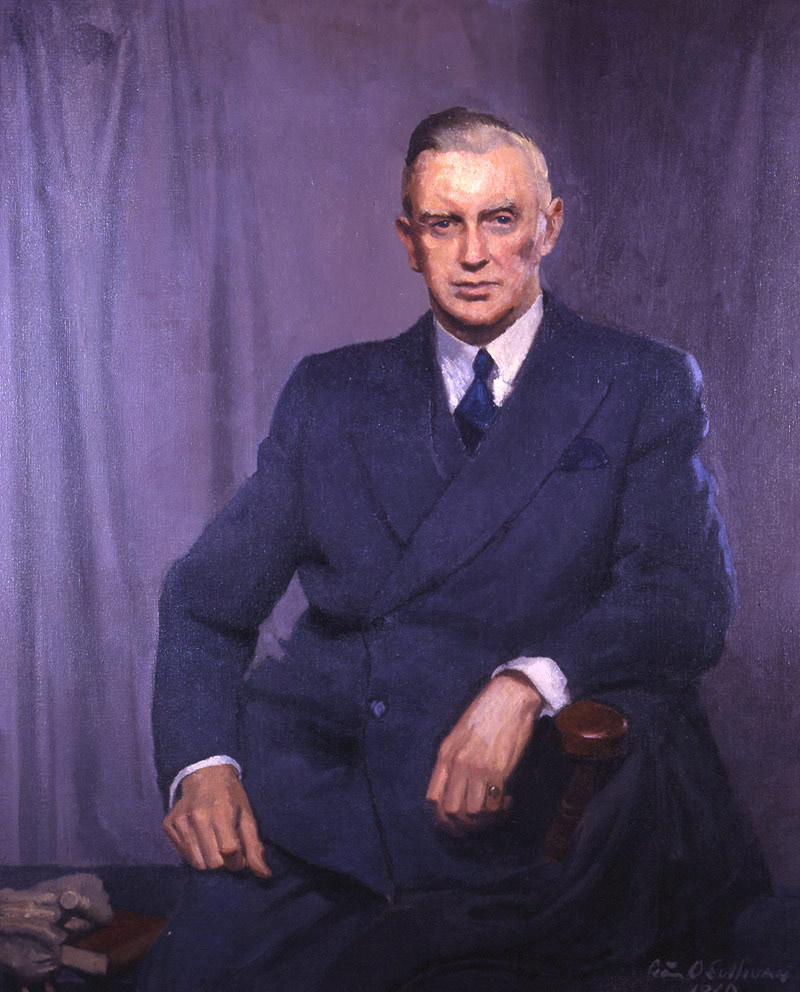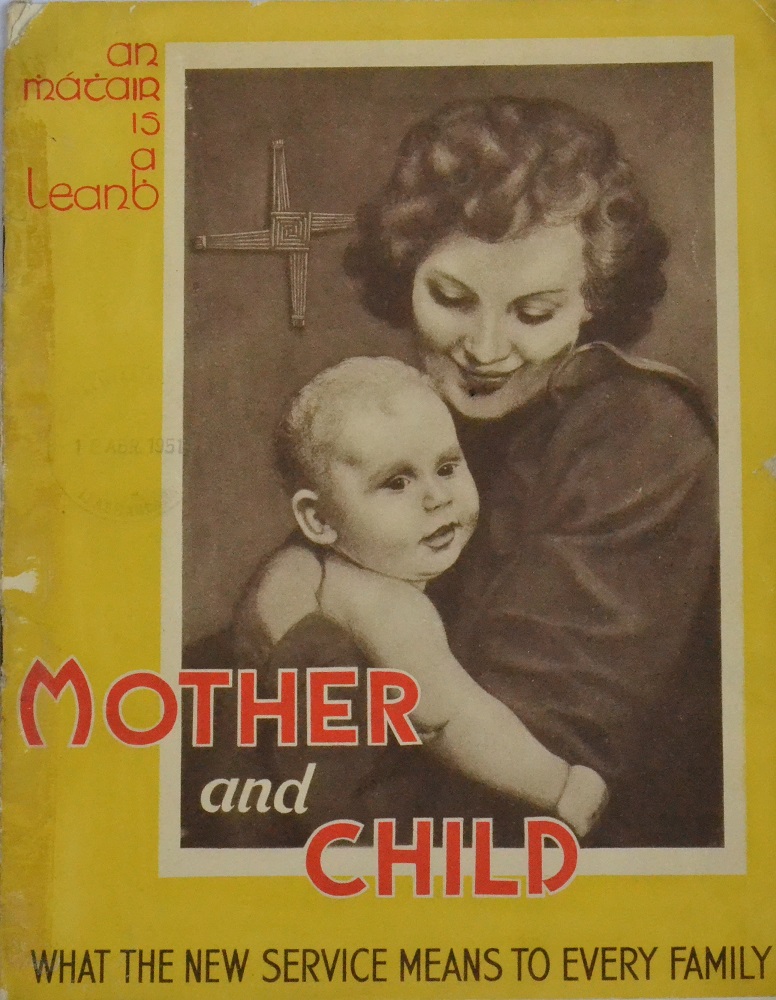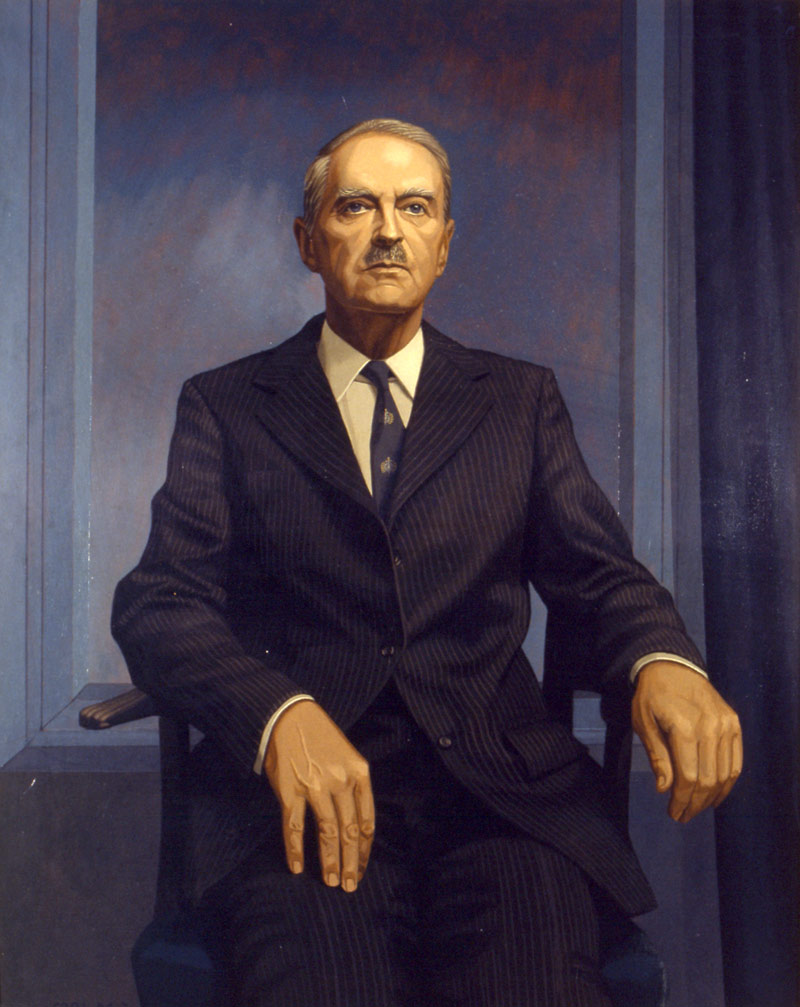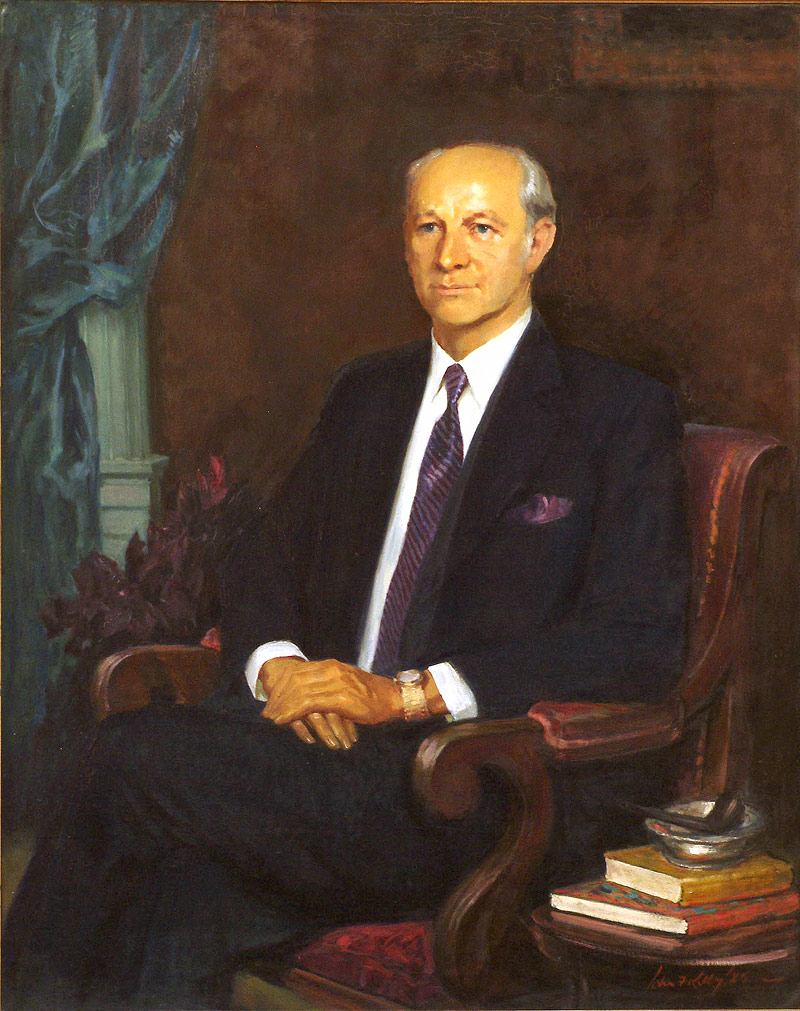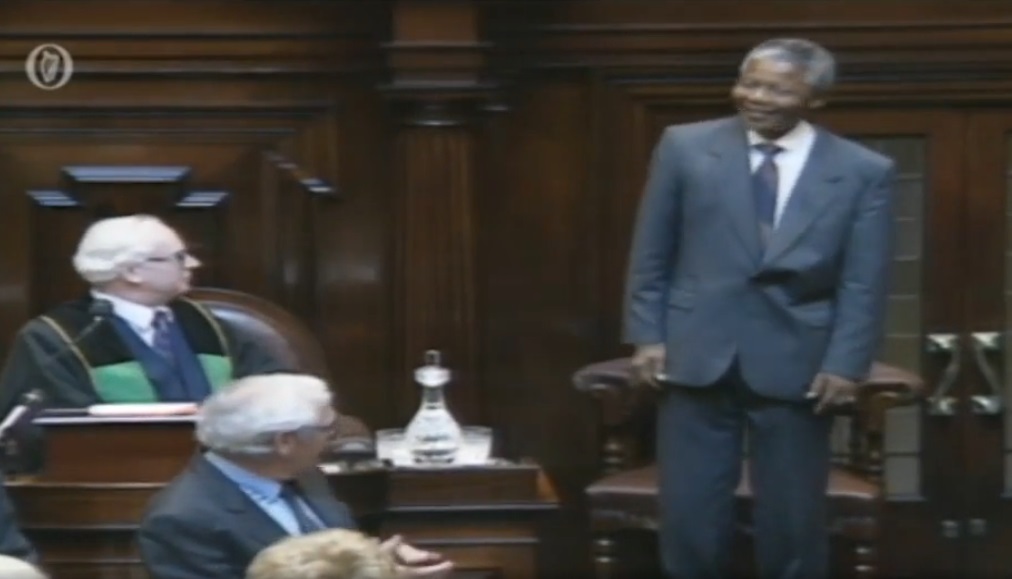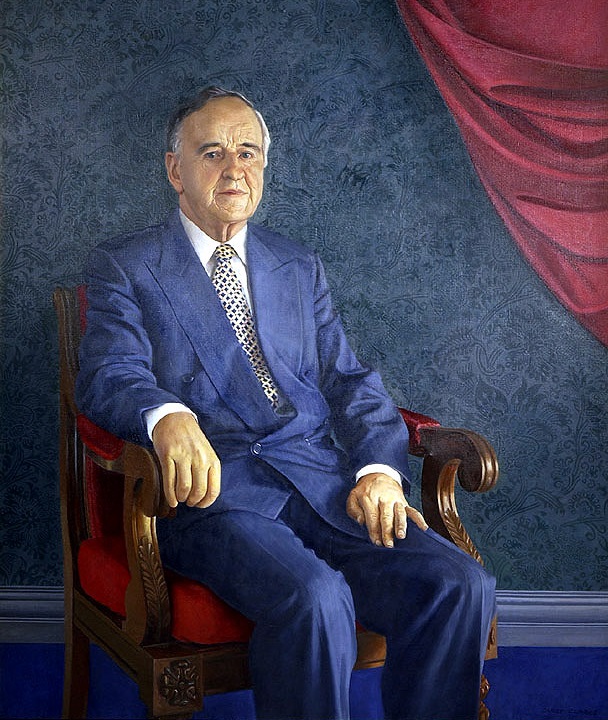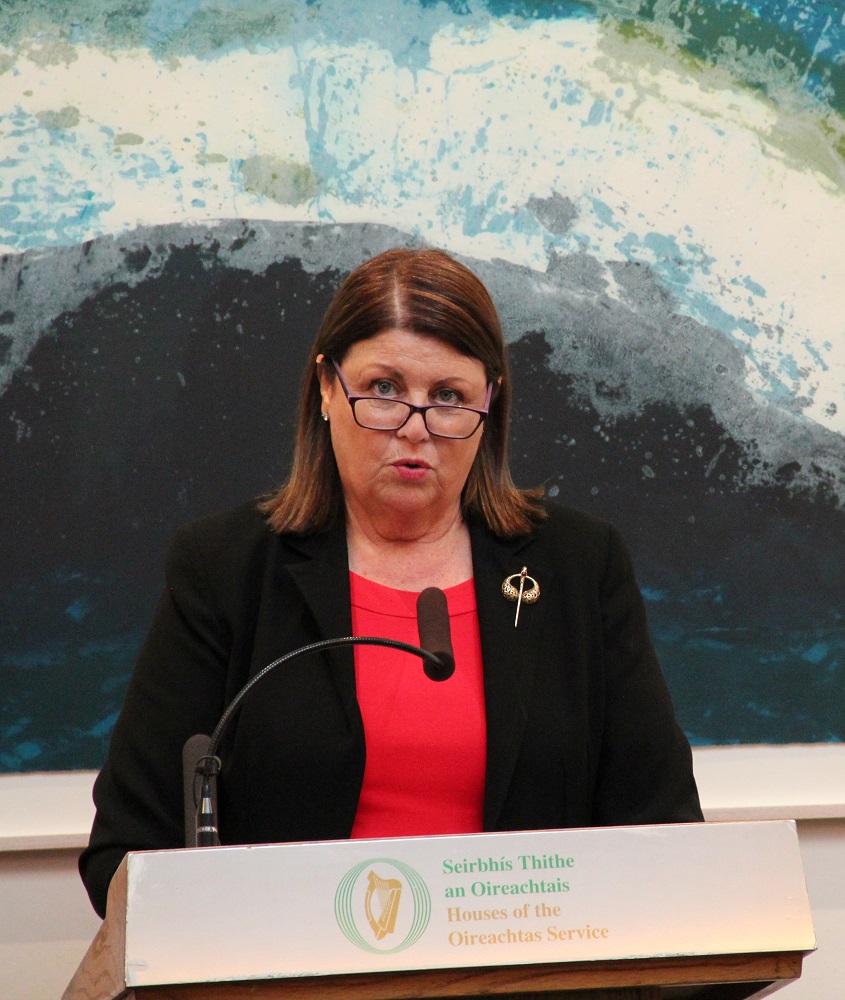Declaration of independence, Dáil 1919
In the 1918 general election, members of the Sinn Féin party had pledged that, if elected, they would not take their seats in the House of Commons. On 21 January 1919 they convened an Irish Parliament, and named it Dáil Éireann.
In that first meeting, Members read a declaration of independence, first in Irish, then in French and, finally, in English, ratifying the establishment of the Irish Republic and pledging themselves to make this declaration effective “by every means at our command”.
The Treaty Debates, 1921-1922
After the truce that ended the War of Independence, a delegation from the Dáil spent two months in London negotiating a Treaty between Great Britain and Ireland. The Treaty established the Irish Free State as a self-governing dominion but fell short of the Republic that had been declared on the steps of the GPO in 1916.
The Dáil met to debate the Treaty in Earlsfort Terrace on 14 December 1921. The debate ran over Christmas and into the new year and ended on 7 January 1922, when the Dáil ratified the Treaty by a majority of seven votes.
Equal franchise, Dáil 1922
The parliamentary vote which women won in 1918 was restricted to women aged 30 and over. In 1922, Katherine O’Callaghan proposed that the franchise be extended to women from the age of 21, on the same terms as men. The debate was bound up with the effect the measure might have on the Treaty with Britain. A general election was looming, and it was thought that young women were likely to vote for anti-Treaty candidates.
Although the motion was defeated, Article 14 of the Constitution of the Irish Free State subsequently gave the vote to all citizens, without distinction of sex, from the age of 21.
Civil War executions, Dáil 1922
After the Dáil ratified the Treaty that established the Irish Free State, many TDs boycotted the Parliament and pledged to uphold the Irish Republic. A bitter civil war followed and the Dáil gave military courts the power to pass the death sentence. In November 1922, the first executions took place. The National Army went on to execute more Irish people than the British had during the War of Independence.
Women on juries, Dáil 1924
In 1924, the Government proposed to allow women to opt out of jury service. The Minister for Home Affairs, Kevin O’Higgins, argued that women did not turn up for jury service and that those who did attend were not selected. Deputy Thomas Johnson argued that jury duty was the responsibility of all citizens:
“Some of us have participated in demands that women should be given rights on the same terms as they have been given to men, in regard to citizenship generally, and those rights have been embodied in our Constitution. But there is a corollary; those rights involve responsibilities.”
Assassination of the Vice President, Dáil 1927
Although the Civil War had petered out by 1927, the anti-Treaty side continued to boycott the Dáil. In July the Vice-President of the Executive Council, Kevin O'Higgins, was assassinated. The President of the Executive Council, William T. Cosgrave, described the killing as “the fruit of the steady, persistent attack against the State and its fundamental institutions”.
The Government introduced a Bill requiring electoral candidates to take an oath of intention to take their seats, and on 12 August Eamon de Valera and other anti-Treaty TDs took their seats in the Dáil. A few days later, a new alliance of TDs tried to oust Cosgrave with a vote of no confidence. They lost by only one vote. With the Dáil evenly divided, a general election was called, barely three months after the previous one.
Bunreacht na hÉireann, Dáil 1937
In 1937, the Government brought forward the draft of a new Constitution to replace the Constitution of the Irish Free State of 1922. In this Second Stage debate the President of the Dáil, Éamon de Valera, outlines the provisions of the Constitution. Bunreacht na hÉireann was put to a plebicite on the day of the general election, 1 July 1937, and was enacted in December of that year.
Neutrality, Dáil 1940
After the outbreak of the Second World War, referred to in Ireland as "the emergency", the Taoiseach, Éamon de Valera, asserted Ireland's neutrality. In his speech, the Taoiseach harked back to Ireland's resistance to the threat of conscription during the First World War and called for "the same unity to-day to resist being brought into a war in which our State has declared its desire and its intention not to be involved".
Republic of Ireland, Dáil 1948
The Republic of Ireland Act 1948 declared that Ireland could be described as the Republic of Ireland. The Act also ended the role of the British monarch in the Republic of Ireland, transferring the power to exercise the executive authority of the State in its external relations to the President of Ireland.
The Act came into force on Easter Monday 1949, the 33rd anniversary of the Easter Rising.
Mother and Child Scheme, Dáil 1951
On 11 April 1951, Dr. Noel Browne resigned as Minister for Health. The following day, he made a personal statement in the Dáil explaining his decision. Browne's attempt to implement the Mother and Child Scheme had been strongly opposed by the medical profession and the Roman Catholic Church in Ireland. They particularly objected to the provision of health care without a means test. The controversy raised questions about the Roman Catholic Church's influence on Government policy.
The arms crisis, Dáil 1970
On 5 May 1970, Deputy Liam Cosgrave told the Taoiseach, Jack Lynch, that he had received information that Government Ministers had been involved in an illegal attempt to import arms. On 7 May, the Taoiseach announced in the Dáil that he had sacked two Government Ministers and accepted the resignation of a third. In the debate that followed, TDs discussed what became known as the arms crisis.
EEC membership, Dáil 1972
After years of campaigning, Ireland was granted accession to the European Communities in 1972. Before the referendum to make the necessary amendment to the Constitution of Ireland, the Dáil debated the terms negotiated for the accession.
The referendum was held in May 1972, and an overwhelming majority voted for Ireland to join the European Communities. The Treaty of Accession came into force on 1 January 1973.
The "X" case, Dáil 1992
In February 1992 the Attorney General obtained an interim injunction preventing “Miss X” from leaving Ireland. Miss X, a 14-year-old girl who was pregnant as a result of rape, wished to terminate her pregnancy in England. The Taoiseach, Albert Reynolds, outlined the details of the case in the Dáil on 18 February 1992.
Decriminalisation of homosexuality, 1993
Homosexuality was decriminalised in Ireland in 1993. This followed a judgment of the European Court of Human Rights in a case brought by Senator David Norris. On 29 June 1993, the Minister for Justice, Máire Geoghegan-Quinn, outlined the legislation in the Seanad and paid tribute to Senator Norris for “his courage and determination in pursuing this issue relentlessly”.
Last updated: 1 February 2022


